BY PATRICIA NEWMAN
What are civic role models? How do we identify their qualities? What types of impact do civic role models have? Students will answer these questions and more in the following activity.
The research
Research shows that we need civic role models in order to become more involved in our communities. The term civics usually applies to voting and politics, but it can also apply to volunteering in the community. According to a report by More in Common, “…new research by Johns Hopkins University’s SNF Agora Institute published in Nature Human Behavior reveals that opportunities to participate in civic life are unevenly distributed across the country, with wealthier, whiter, and better-educated communities having more access.” Enter my new book, Giant Rays of Hope.
Civic role models in Giant Rays of Hope
This book is about Kerstin Forsberg, a Peruvian biologist and ocean conservationist. She designed an initiative that involved many sectors of her community: fishers, teachers, children and youth, and business leaders. Together they identified some of the many environmental problems coastal Peru faces and through a mutually agreed on plan took steps to protect our ocean by fishing more sustainably, controlling their plastic waste, and protecting giant manta rays. Kerstin call them the stars of their own conservation story!
Your students can also become civically engaged by starring in their own local conservation story. But first, it might help them to understand why Kerstin is a civic role model and how she achieves success.
Materials
- Marker board/Chalkboard
- Computers with Internet access or encyclopedias
- Worksheets for writing and drawing
- Art supplies (colored pencils, markers, paper, pipe cleaners, etc.)
- Handout #6: T-chart (available for download in my free standards-aligned activity guide, p. 22)
- Giant Rays of Hope by Patricia Newman
Engage – What are civic role models?
- Discussion – Begin by asking students what they think a role model is. Write their responses on the board.
- Brainstorm Have students brainstorm qualities that make a good role model. List these qualities on the board.
- Introduce the concept of a civic role model.
- Interactive Poll – Ask students to name a person they know or read about who they consider a civic role model. Students should back up their choice with evidence. Use a tool like Google Classroom or Nearpod to conduct the poll.
Explore
- Reading – Ask students to read Giant Rays of Hope either as a class or individually.
- Group Activity – Divide students into 5 small groups and assign each group a different chapter in the book.
- Guided Inquiry
- Ask students to identify one or more civic role models in their chapter.
- Distribute one T-chart per student (see next page for Handout #6)
- List the qualities from the chapter that make that person a civic role model.
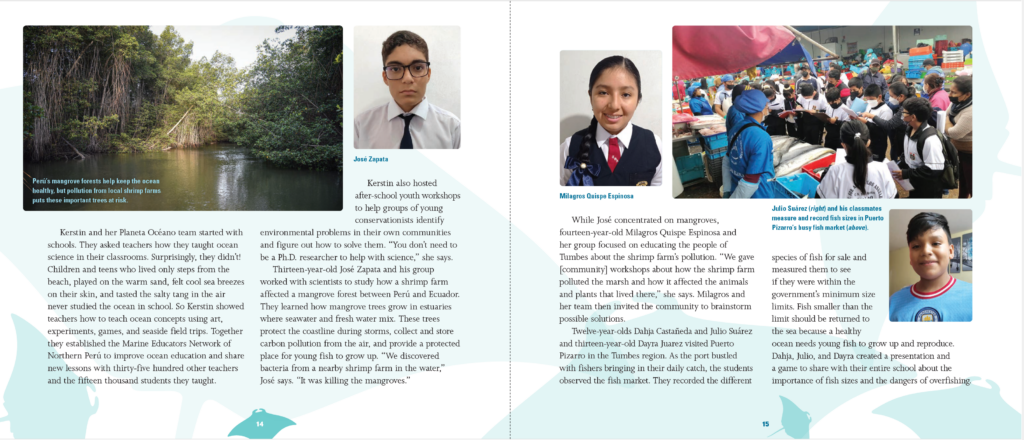
Explain
Group Discussion – Each group discusses the qualities of their the role models they identified and how these qualities make them civic role models.
Elaborate – Civic role models in action
Role model action figure
- Provide students with various craft materials (e.g., pipe cleaners, fabric scraps, cardboard, clay, markers). Ask each group to create an “action figure” of their assigned civic role model.
- The action figure should include: a representation of the person at least three “accessories” that symbolize their achievements or qualities a “character card” listing their key traits and contributions
- This activity allows students to creatively represent their understanding of the role model’s impact and characteristics.
Group presentations
Each group presents their role model action figure to the class, explaining the symbolism behind their design choices and accessories. Encourage students to ask questions and engage with the presentations.
Class discussion
Discuss as a class how these role models contribute to their communities and the world, connecting back to the UN SDGs. Have students explain how their action figure designs reflect these contributions.
Becoming a civic role model
Ask students to brainstorm environmental problems in their communty. List their ideas on the board. Ask students to choose one of the problems listed. Have them research that problem and brainstorm ways they could become civic roles models to address the problem
Evaluate
Evaluate students based on their participation in discussions, quality of research and presentations, and completeness of art and writing assignments.
Thanks for giving this lesson a try. I’d love to see photos of your students role model action figures.
Featured image credit: Kerstin Forsberg and Planeta Océano.



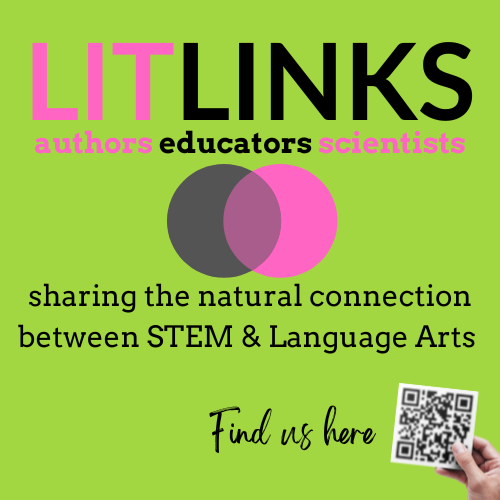
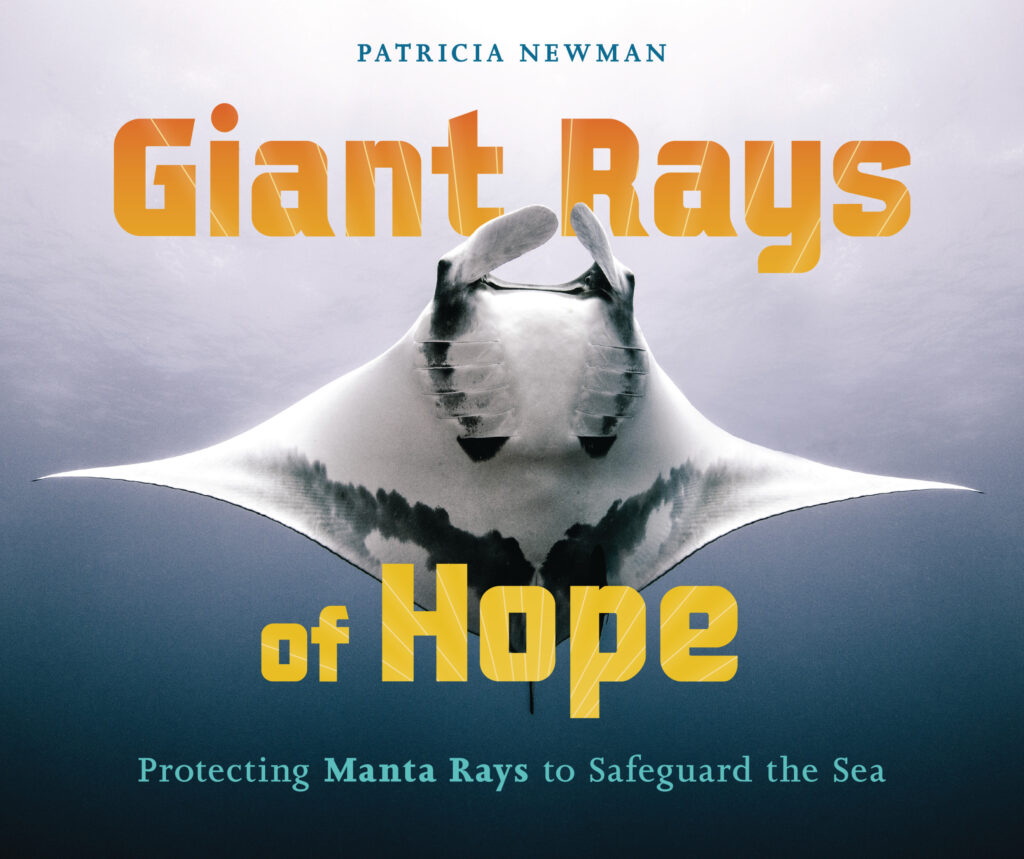
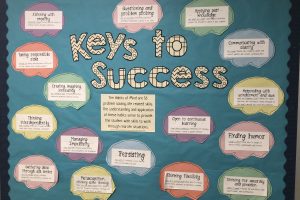
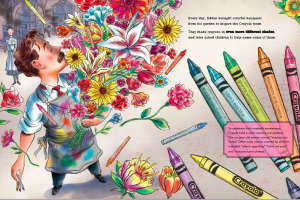
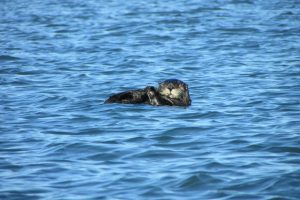
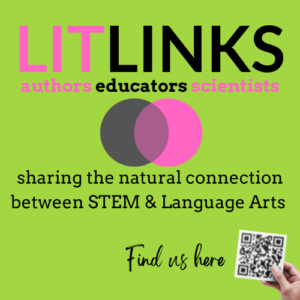
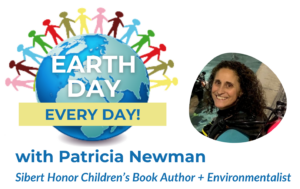
Leave a Reply
Your email is safe with me.